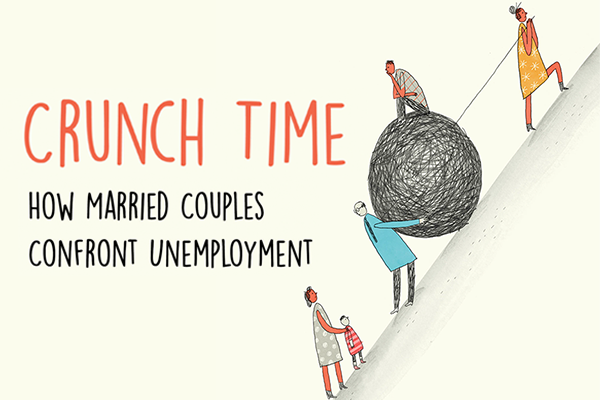| |
 |
|
In Crunch Time, Aliya Hamid Rao gets up close and personal with college-educated, unemployed men, women, and spouses to explain how comparable men and women have starkly different experiences of unemployment. Traditionally gendered understandings of work—that it’s a requirement for men and optional for women—loom large in this process, even for marriages that had been not organized in gender-traditional ways. These beliefs serve to make men’s unemployment an urgent problem, while women’s unemployment—cocooned within a narrative of staying at home—is almost a non-issue. Crunch Time reveals the minutiae of how gendered norms and behaviors are actively maintained by spouses at a time when they could be dismantled, and how gender is central to the ways couples react to and make sense of unemployment.
|
|
| |
|

|
|
|
|
|
|
|
|
|
 |
25 October 2023
Wednesday
4.00pm - 5.30pm |
 |
SMU Yong Pung How School of Law
Seminar Room 2-02, Level 2
55 Armenian St
Singapore 179943 |
|
|
|
|
| |
| |
|
|
|
|
SPEAKER
|
|
|
 |
Aliya Hamid Rao
Assistant Professor of Qualitative Research Methods, London School of Economics
|
|
| Aliya Hamid Rao is an Assistant Professor in the Department of Methodology at the London School of Economics. She is the author of Crunch Time: How Married Couples Confront Unemployment. Her research examines the institutions of family and paid work using a gendered lens. Her most recent work is on how individuals and families contend with insecure work, and it has been published in journals such as the American Sociological Review, Journal of Marriage and Family, and Gender & Society. |
|
|
|
|
|
|
MODERATOR
|
|
|
 |
Yasmin Ortiga
Assistant Professor of Sociology, SMU
Lee Kong Chian Fellow
|
|
| Yasmin Y. Ortiga is Assistant Professor of Sociology at SMU School of Social Sciences. She studies how the social construction of “skill” shapes people’s migration trajectories, changing institutions within both the countries that send migrants, as well as those that receive them. Her work has also been published in Global Networks, International Migration Review, and Discourse: Studies in the Cultural Politics of Education. |
|
|
|
|
|
|
|
Click here to subscribe/unsubscribe to SOSS seminar mailing list |
|
|
|
|